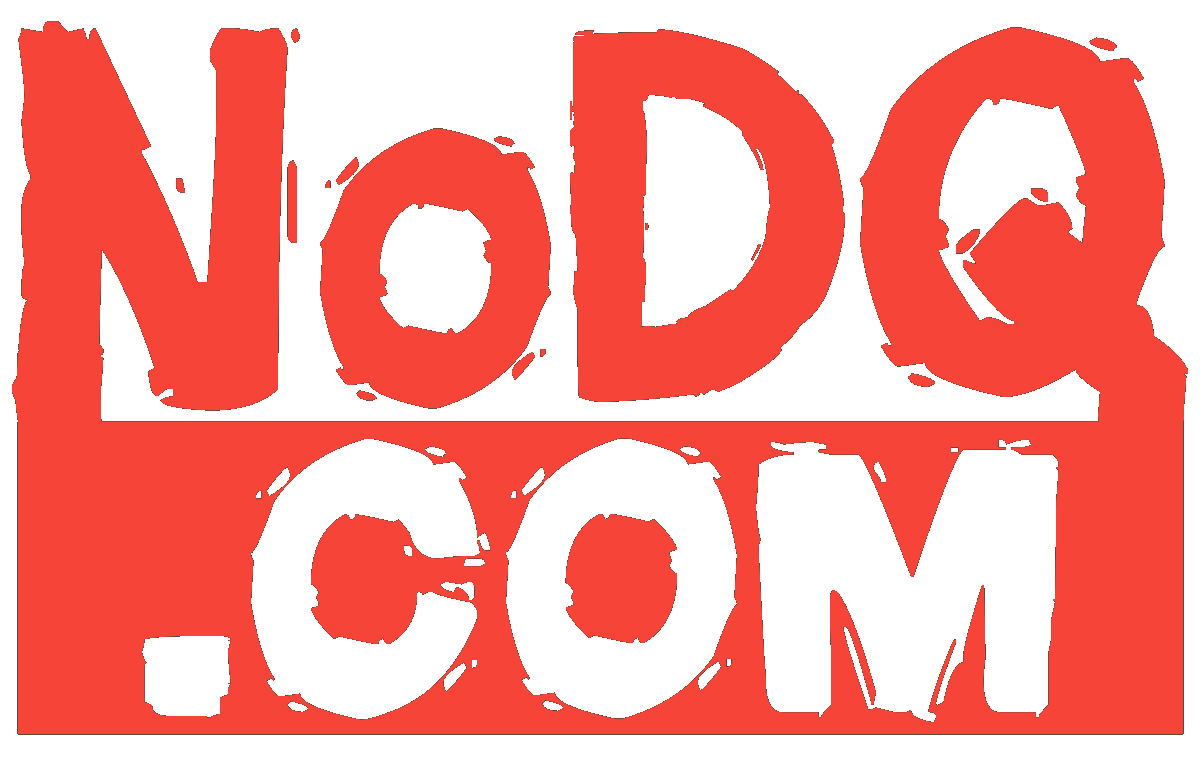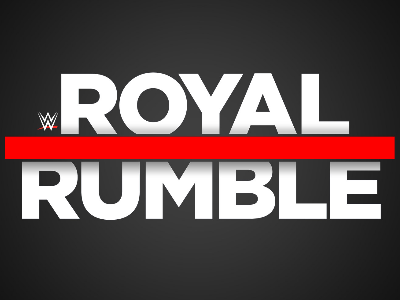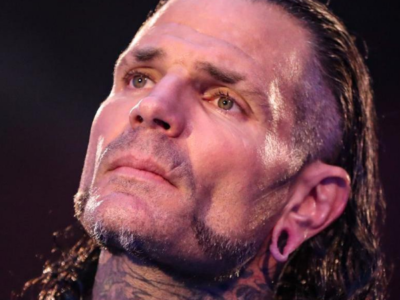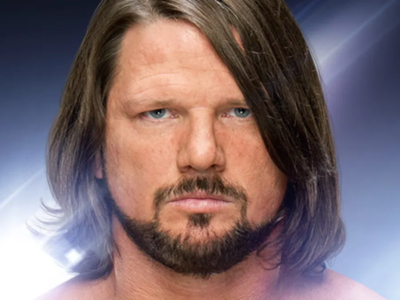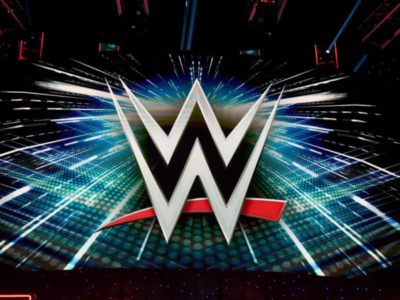Do Wrestling Fans Know Better Than Writers and Bookers?

If you are here simply to find out what this headline is about, you may have one or more pre-conceived notions:
- Wrestling fans are all marks. They know nothing.
- Internet wrestling fans are marks for themselves. They know nothing.
- Yes they do, in fact. Wrestling bookers and writers are out of touch.
This long reminds me of the famous Simpsons meme of Principal Skinner, but through the lens of Vince McMahon and Tony Khan — “Am I out of touch? No, it’s the children fans who are wrong.”
Fans of any medium have long been “fantasy booking” in their own way. As far back as the 1600s, fanfiction has existed in some form; re-writing popular characters in unique plots of a fan’s own creation. More popularized versions exist through the popular series’ Star Trek, The X-Files, and even 50 Shades of Grey. Even in the NFL we see these concepts; from fantasy football to Madden’s (still broken) Franchise Mode where you can play as a GM.
Fanfiction is nothing new, and can actually lead to success for the writers themselves. But rarely, if ever, does that translate to pro wrestling. Vince Russo made a successful transition from WWF Magazine to the creative team by 1997. Russo was simply a fan, who for his time, knew what the industry needed (for better or worse). Even if he more or less just ripped off what Paul Heyman was doing with ECW, his influence was undeniable.
So does the same still apply for the modern era? Let’s find out.
Note: This isn’t mean to demean the work put in by current writers, agents, producers, and bookers. This is simply a thought experiment.
What History Says
Wrestling fans have long booked their favorites into their own angles and storylines in various forms. From the early days of e-fedding, to Extreme Warfare Revenge (now Total Extreme Wrestling), the fantasy element of professional wrestling has been here for decades.
I remember being involved in fantasy booking leagues on old wrestling forums, where weekly shows were written and voted on compared to other ‘competitors’. We would even have a fantasy draft for rosters, which included literally the entire world’s worth of wrestlers. It wouldn’t be long before this caught on into the mainstream with the debut of GM Mode in WWE Smackdown vs. Raw 2006 (which was later brought back in WWE 2K22).
Whether for fun, or to prove to yourself that you could “do it better than they could” — this game offered fans the opportunity to book entire shows from week to week. I have a lot of love for Tony Khan and AEW, but I guarantee a GenXer like Khan probably played this game as a young adult.
Opinion pieces, popular video games, wrestling forums — and dedicated software strictly for fantasy booking. The notion that fans could have accessibility to elements of creating a weekly wrestling show has long since been around. But the question remains:
Should head writers and bookers ever listen to the fans in these situations; and how would they do so?
Declining Popularity
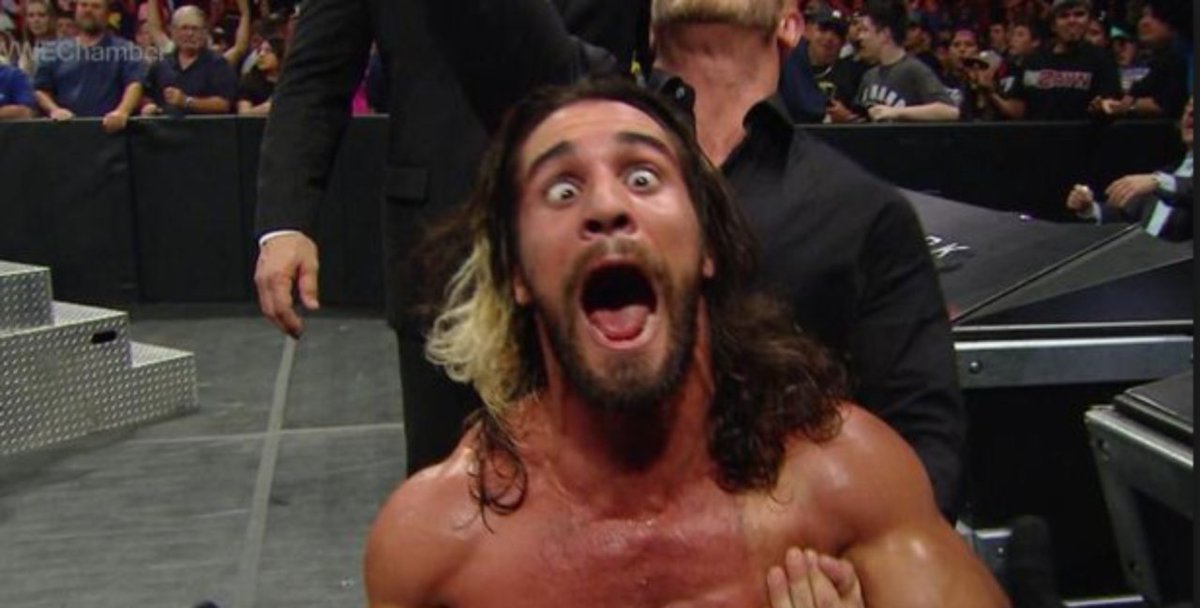
If you ask Seth Rollins, the business is as big as it’s ever been:
“I mean, we’ve never been hotter. Business is the biggest it’s ever been, the talent across the board is the best it’s ever been. The business is hot right now. We’re in a boom. I think when we look back on it, it’s gonna be a special time.” – Seth Rollins
But we know that’s not true. Pro wrestling has more ways to watch and more promotions to watch than ever, yes. You can exist as a wrestling fan in 2023 and never lay eyes on AEW or WWE if you were so inclined. Impact, New Japan, NWA, MLW, Stardom and plenty more await the U.S./U.K. non-mainstream fan.
But its popularity has declined since the late 90s. TV ratings are strong for both AEW and WWE, but this is in context of the modern cord-cutting/streaming era. But compared to even 10 years ago, TV ratings have taken an overall dip. The demographics of fans (average 50-55) are slowly aging out, and while overall attendance is slowly gaining for the modern era, it’s nothing compared to the past.
If you take away Wrestlemania 32 in 2016 (whose attendance figures have largely been disputed), the most attended wrestling event (not counting the Collision in Korea) takes us all the way back to 1987 and Wrestlemania 3 (also disputed).
While WWE has seen an uptick in attendance as of late, we know that in general, it’s not comparable to the days of the Monday Night Wars.
Pro wrestling simply isn’t as popular as it used to be. Less of the overall population consumes it on a weekly basis as they did 20 years ago, and it is largely a niche fandom now.
So here comes another question:
Aside from the Attitude Era being nothing more than a popular trend, can we put the blame for wrestling’s decline since 2001 on the writers and bookers? Is there a connection between fan unhappiness over the decades and the rise of fantasy wrestling booking?
Living in a Critical Headspace

Even fantasy booking for fun can leave some fans in an overly critical headspace. Let’s take the current (and glorious) MJF/Adam Cole story in AEW. This could go many different ways; from MJF predictably turning on Cole, Cole turning heel and on MJF, or perhaps the two join forces and capture tag team gold and remain a team for a bit longer — but not too long, right? But not too short, either…it’s all arbitrary.
If we set expectations based on what we would do if we were the booker, especially if we’ve all dabbled in fantasy booking in the past — does it hurt the enjoyment of the current product? Are we simply setting ourselves up for failure in that respect?
However, if a chunk of fans simply aren’t happy with a show from top to bottom, be it WWE or AEW; is that indicative of the product, or the mindset of the modern day wrestling fan? If many fans have become jaded compared to the past, especially those who consistently enjoy fantasy booking, are they, as a result, being overly critical in spots where they normally wouldn’t be?
We don’t normally critique a television show we watch and enjoy on a weekly basis for writing and character development. But with professional wrestling, however, it seems to have become the norm.
Did fantasy wrestling ruin that potential enjoyment?
Can Fans Do Better?
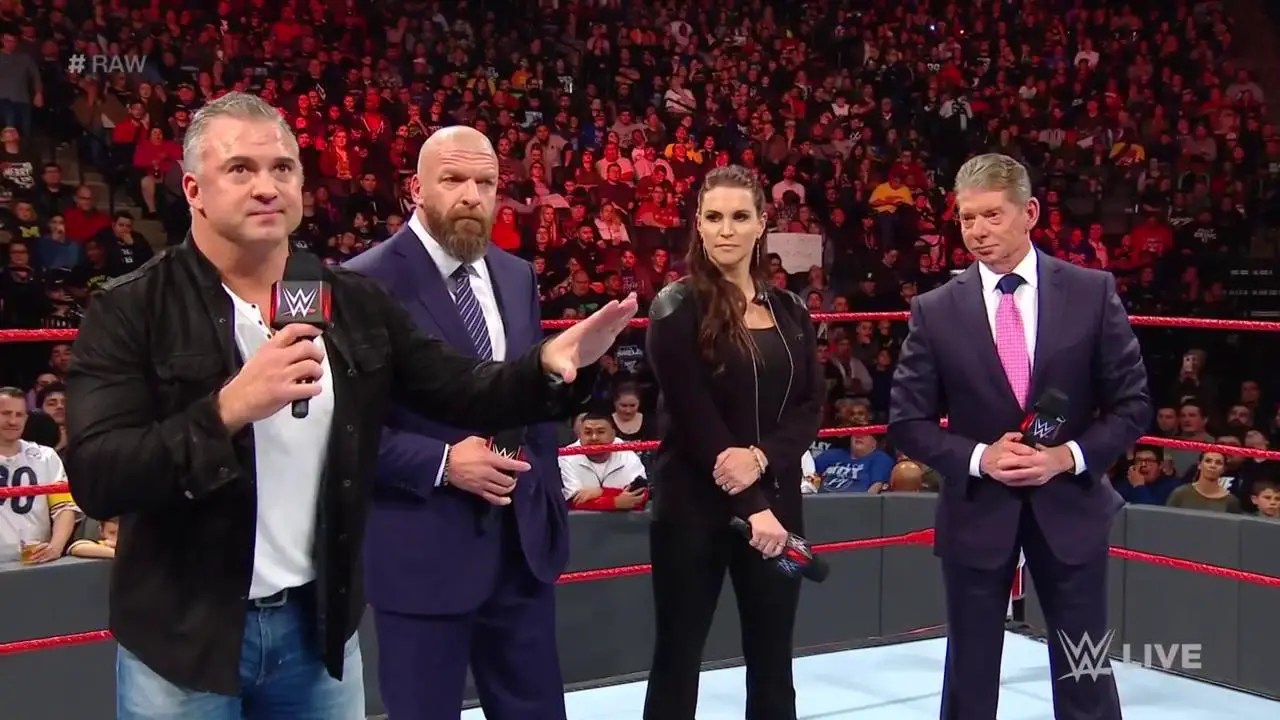
It’s been nearly five years since the Dec. 17th, 2018 episode of Raw. In it, the McMahon family publicly apologized for the string of recent poor programming in which many fans were vocal about.
It wouldn’t be until AEW in 2019 that a largely fan-inspired promotion would truly set fire to the wrestling landscape again. Personally, I don’t believe WWE would be as hot as they are now without AEW’s very existence. When you have no competition, even the most disgruntled fans simply have little in the way of any alternatives.
It’s now 2023. AEW has cooled off from their honeymoon phase, and while WWE has been seeing success as of late — I can’t help but wonder how much of it is due to the overwhelming success of one hot angle in the Bloodline.
Are these both really high quality weekly shows from top to bottom? I say this as an avid fan of AEW, which I consume weekly. But even so, I can see holes I don’t like in the product itself (lacking women’s division, the head-scratching lack of booking for Wardlow and Hobbs, the uninspiring House of Black Collision storyline).
And while I don’t watch WWE, reading last night’s results (admittedly out of context) left me with this reaction: ¯\_(ツ)_/¯ — but I’m sure a chunk of WWE fans could find similar critiques better than I can as a non-fan.
Overall, if we aren’t entertained all-around between 12 hours of weekly wrestling content, then can we firmly state that perhaps the writers and bookers aren’t living up to expectations? Could we then reasonably state that perhaps longtime wrestling fans with a solid grasp of the business can simply do better?
Or have our expectations simply become too high?
This goes especially for writers who jump into the industry with no wrestling fandom to speak of.
Going Home
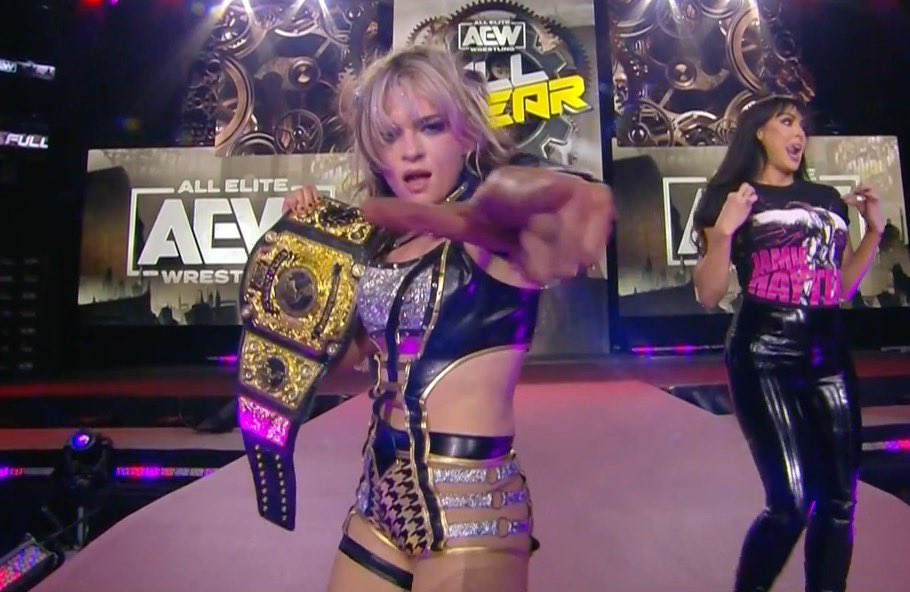
There are plenty of examples of fans becoming the catalyst for a wrestler’s success. From the recent popularity of Sami Zayn to The Acclaimed — or even past fan-driven success stories: Daniel Bryan, C.M. Punk, Zach Ryder and Rusev in WWE | Orange Cassidy, Jamie Hayter, HOOK in AEW.
Fans know what they want, and how they want it. Aside from simply looking at merchandise sales and social media trends — does McMahon and Khan have a way to truly listen to their fan base — and more so, their fantasy booking fan base?
There has to be a better way aside from random Twitter grievances and opinion articles on wrestling websites. What that is, however, is not completely clear. While I enjoy most of what I watch from the AEW product, there’s a part of me that wants to the show to be as great as it can be from beginning to end, with all of the right pieces in the right place.
Is that naïve of me, and other fans, though? That’s life, right? You win some, you lose some. Some things you enjoy — some you don’t. I don’t recall many times in my three plus decades of watching wrestling than any show was near perfection in every segment, angle, and match. But is perfection not worth striving for? Or as mentioned, are my (and our collective) expectations too high?
If wrestling fans collectively booked a show from top to bottom, would it be seen as better than the show produced by professionals?
Or are we just completely full of ourselves and have no business in “the business”?
-T5W
t5wrestling@yahoo.com
